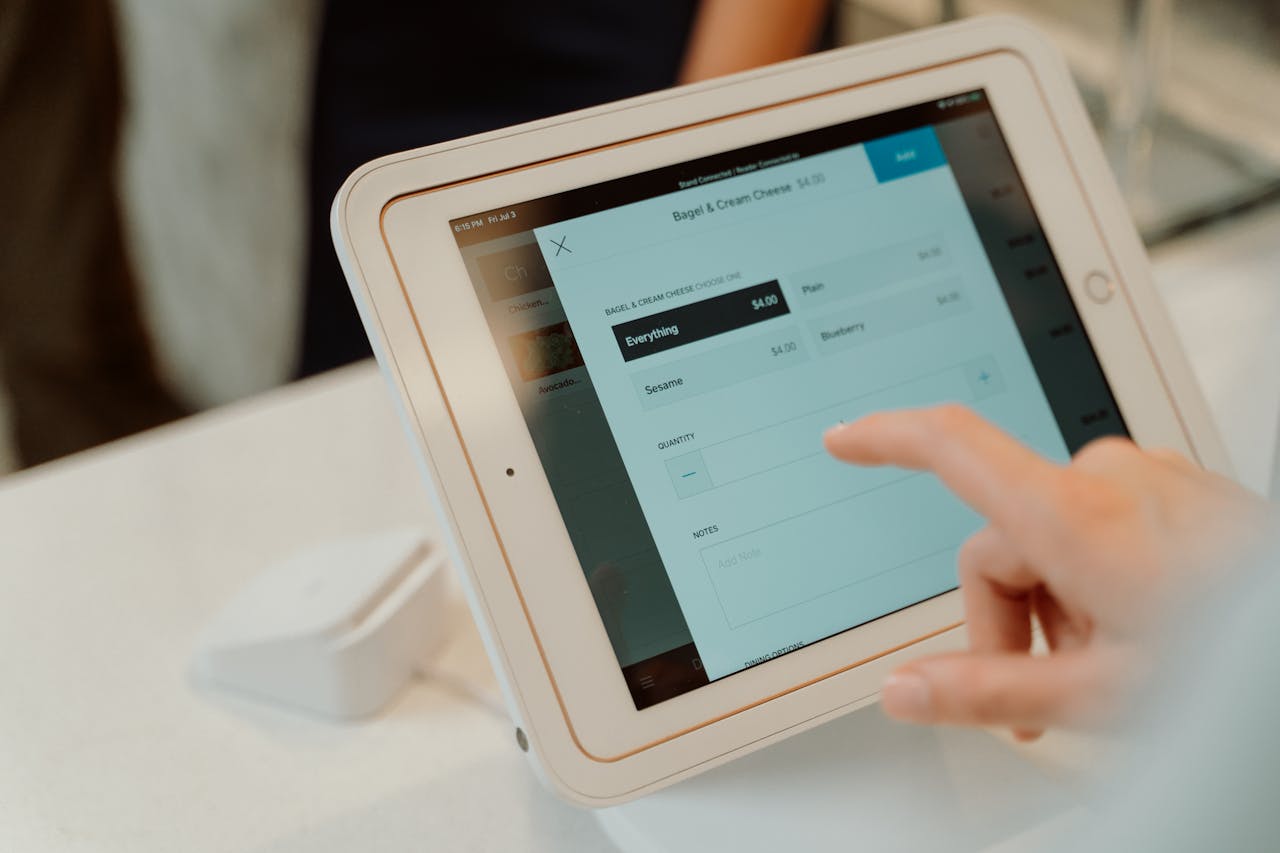Part 3 of Blog Article Series: The Role of AI in Transforming Business Software Applications for B2B and B2C
ERP systems have long been the backbone of many businesses, handling everything from accounting to human resources to supply chain management. AI integration into ERP systems allows businesses to automate processes and make smarter decisions based on predictive analytics.
Let’s look at Harley-Davidson, the iconic motorcycle manufacturer. They implemented AI in their ERP system to streamline production and predict which parts would be needed in which locations. By analyzing past data and market trends, Harley-Davidson optimized its supply chain, cutting down production costs and improving delivery times. This allowed the company to avoid bottlenecks in production, ensuring that bikes arrived at dealerships just in time for peak demand seasons.
Now, imagine you run a growing SME and face challenges managing inventory across multiple suppliers. By integrating AI into your ERP, the system can analyze data, predict future demand, and automatically reorder stock—minimizing both surplus and shortage issues. You’re no longer reactive; you’re operating proactively based on real-time insights.
For small retailers, AI-driven ERP systems like ERPNext offer advanced capabilities without the high costs traditionally associated with ERP software. With ERPNext, AI helps retailers manage their stock by predicting demand based on previous sales, current market trends, and even seasonal shifts. This kind of automation frees up time for business owners to focus on growth rather than day-to-day operations.





Leave a Reply
You must be logged in to post a comment.